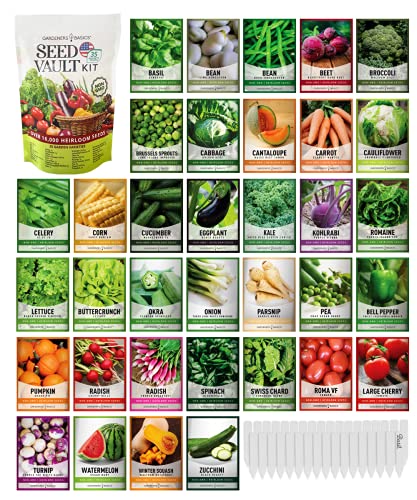No, you do not need to add the Sorbate or KMS again. Over time, the KMS becomes bound and your free KMS dissipates, that's why we add more at 3 month racking intervals. Sorbate lasts a good long while, yours was added very recently, so you're certainly ok there. Be careful with the sugar, as the wine ages a bit, the sweetness and fruitiness tends to increase.
thanks John, tonight's plan will be to re-make the sample with the 15mL/750mL and test the S.G. - since I didn't think to check it before tasting. Funny how the mind shuts down sometimes "I'll just check after we've tasted"...

I have read also to sweeten a little bit less than what was desired... so if we like it at 1.012, to sweeten it to 1.008 - 1.010. Does that sound about right?














































![[Upgraded] 9Pcs Tree Root Growing Box with Drain Holes, Half Transparent Plant Rooting Propagation Ball & Metal Core Twist Ties, for Fast Propagation Plants (Size M)](https://m.media-amazon.com/images/I/514MWQxtWOL._SL500_.jpg)






